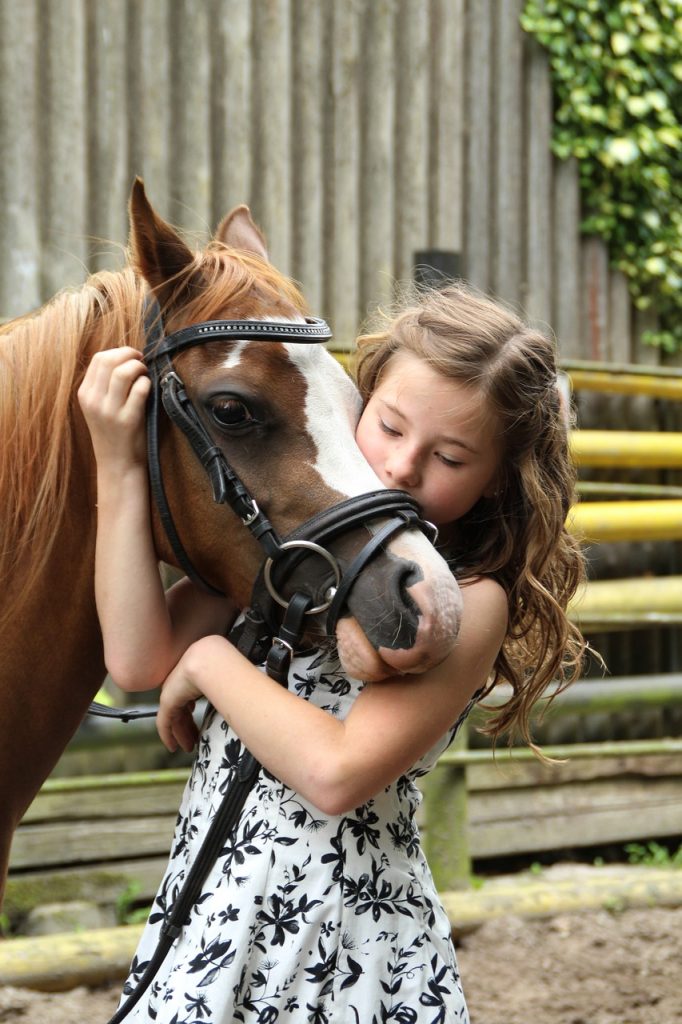Reasons Why Hobbies Matter For Children, How To Grow

Why hobbies matter for children? From the moment they come into this world, infants gain an insatiable curiosity, an innate desire to explore their surroundings. As parents and caregivers, we play a crucial role in nurturing this curiosity and fostering a love for learning that will shape their development in the years to come. One powerful way to do so is by encouraging and supporting the development of hobbies and interests from an early age. In this article, we delve into the importance of nurturing hobbies and interests in infants and explore how doing so can positively impact their growth and development.
Early Exploration and Cognitive Development
In the early stages of infancy, the world is a fascinating and mysterious place waiting to be discovered. By encouraging infants to engage in activities that stimulate their senses and pique their curiosity, we lay the foundation for cognitive development and intellectual growth. Simple activities such as playing with sensory toys, exploring different textures, or listening to music can help infants develop essential cognitive skills such as sensory perception, object recognition, and cause-and-effect understanding. These early experiences not only spark a sense of wonder and exploration but also lay the groundwork for future learning and intellectual development.
Fostering Independence and Self-Expression
Nurturing hobbies and interests in infants provides them with opportunities to express themselves, explore their interests, and assert their independence. Whether it’s playing with building blocks, experimenting with art materials, or engaging in pretend play, hobbies allow infants to exercise their creativity, problem-solving skills, and imagination. By giving infants the freedom to explore their interests and pursue activities that capture their attention, we empower them to develop a sense of autonomy and self-confidence. This sense of agency lays the groundwork for healthy emotional development and fosters a lifelong love for learning and self-expression.
Strengthening Parent-Child Bonding
Engaging in hobbies and interests with infants not only promotes their development but also strengthens the bond between parent and child. Sharing moments of joy, discovery, and exploration through shared activities creates meaningful connections and fosters a sense of closeness and trust. Whether it’s reading together, playing games, or exploring nature, these shared experiences provide opportunities for quality interaction, communication, and emotional connection. Furthermore, engaging in hobbies with infants allows parents and caregivers to better understand their child’s unique interests, preferences, and developmental needs, strengthening the parent-child relationship and promoting a sense of security and belonging.
Encouraging Lifelong Learning and Curiosity
The benefits of nurturing hobbies and interests in infants extend far beyond the early years of development. By instilling a love for learning and exploration from an early age, we lay the groundwork for a lifelong curiosity and passion for discovery. As infants grow and develop, their interests may evolve and expand, leading to new hobbies, skills, and areas of exploration. By providing a supportive and nurturing environment that encourages curiosity, creativity, and self-expression, we equip infants with the tools they need to navigate the world with confidence, resilience, and a thirst for knowledge.
In conclusion, nurturing hobbies and interests in infants is a powerful way to support their growth and development in the early years of life. By providing opportunities for exploration, self-expression, and shared experiences, we lay the foundation for cognitive development, emotional well-being, and a lifelong love for learning. As parents and caregivers, let us embrace our role as facilitators of curiosity and champions of exploration, guiding infants on a journey of discovery that will shape their lives for years to come




